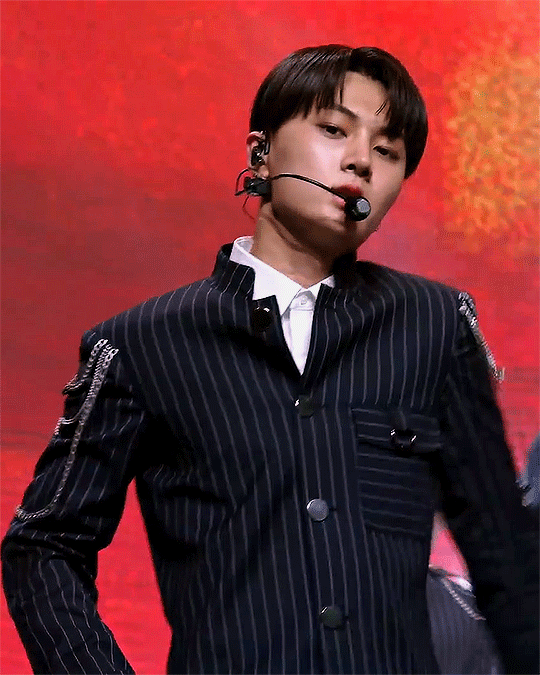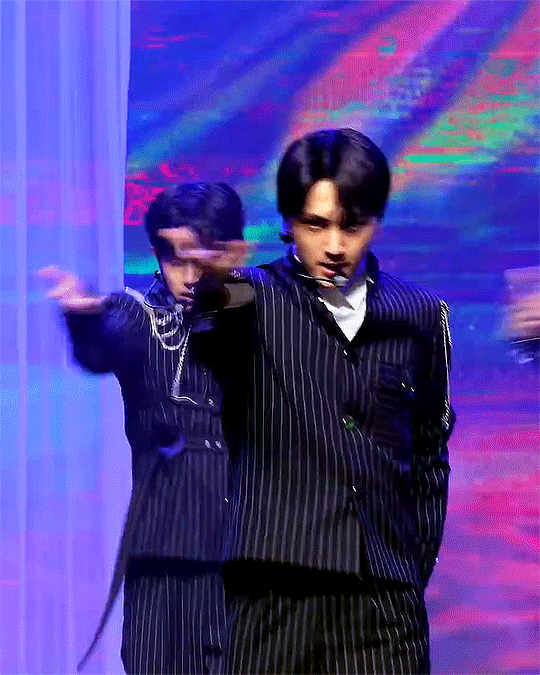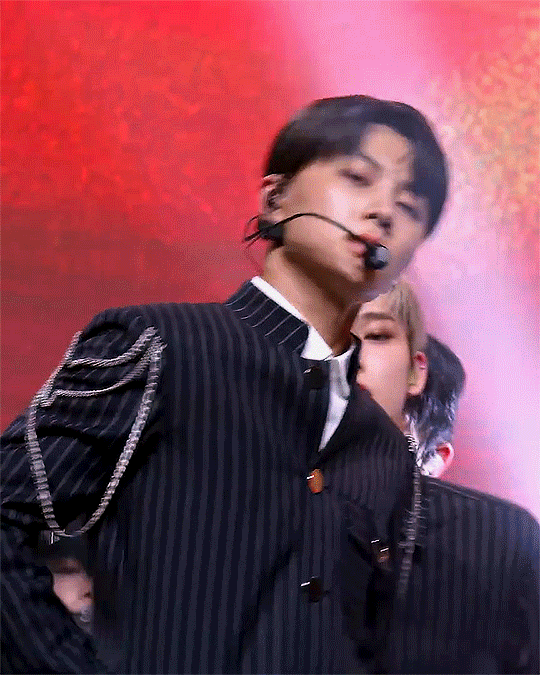#black undercut jay you will always be famous
Explore tagged Tumblr posts
Text




jay + given-taken (260421)
evolution series: [fever] / [tamed-dashed] / [future perfect] / [bills]
#enhypenet#malegroupsnet#kpopccc#mgifs#enhypen gifs#enhypen#jay gifs#jongseong gifs#park jay#park jongseong#kpop gifs#cass.original#black undercut jay you will always be famous#love you king 🫶
27 notes
·
View notes
Text
Weekend Top Ten #455
Top Ten Comedy Sidekicks
Ha, LOL, ROFL, guffaw, snort. Comedy, eh? You’ve got to love it, unless you somehow fall through a timewarp into a late-seventies working men’s club in Blackburn and you find yourself choking to death on second-hand smoke, mother-in-law jokes, and a simmering undercurrent of racist violence. Good times!
Anyway, it’s fairly common that even in the most serious of narratives and with the most serious of protagonists, we need a little chuckle very now and again (nobody tell Zack Snyder – actually, no, scratch that, somebody definitely tell Zack Snyder). It lightens the load, makes the world more nuanced and realistic, and even makes the truly dark moments stand out all the stronger. Most films have a bit of a joke every once in a while (and, of course, Shakespeare’s tragedies are full of comic characters or bits of business), and one very common trope is the Comedy Sidekick.
What is a Comedy Sidekick? Well, it’s a supporting character who offers comic relief, basically. sometimes this can be obviously discernible – Luis in Ant-Man, for example, may function as a plot engine from time to time, but has little in the way of actual character development and is mostly there to be funny whilst the heroes do hero stuff. Sometimes it’s harder to define; I mean, are either of the Blues Brothers a comedy sidekick? Arguably Jake is the lead and Elwood is a bit more of a “turn” (he’s almost eternally deadpan and unemotional), but I’d never say one was inherently funnier or “straighter” than the other. And the you get onto films like Aladdin: sure, Aladdin himself is obviously the protagonist, and there’s an argument to be made that the Genie is a comic relief supporting character, but I feel in this case he’s far too integral to the plot, played by a significantly more famous actor, and really just dominates the film to the extent that he becomes the de facto lead (see also: Captain Jack Sparrow). Again, in Men in Black, Will Smith’s J is clearly the “funny” one, but Smith is also the bigger star and the audience entry point; plus, Tommy Lee Jones is hilarious as the deadpan K. So it’s not as simple as it may first appear.
Anyway, the ten in this list are ones I define as definitely being supporting characters. They may be big characters, in terms of plot or development, but they’re definitely there in support of another protagonist. And whilst they may be fully-rounded characters with their own arcs, their primary function is to be funny; they’re the ones who deliver the comedy lines back to the main character, or crack a joke at the end of a serious bit.
Right, I think that’s my usual ridiculous caveats out of the way. Now let’s make ‘em laugh.

Baldrick (Tony Robinson, Blackadder series, 1983-99): Baldrick is one of the supreme comic idiots in all of fiction. Serving as a perfect foil to Blackadder, he is not only supremely stupid but also his niceness and naiveté serves to undercut his master’s wickedness; plus his idiocy is often the undoing of Blackadder’s villainous plans. But he is also charmingly fully-rounded, oblivious to his own stupidity, possessed of “cunning plans”, and with a great love of turnips. A phenomenal turn from Robinson.
Sir John Falstaff (various plays by William Shakespeare, from 1597): is it cheating to include as significant and iconic a literary figure as Falstaff? Feels a bit like it, especially as he's practically a lead (and, indeed, becomes one in Merry Wives). But really he’s the archetype: a supremely vain and self-serving comic foil, but one with vast hidden depths as he’s keenly aware of his own frailties and the inevitable end of his good times with Prince Hal.
Father Dougal McGuire (Ardal O’Hanlon, Father Ted 1995-98): in many ways he’s a slightly watered-down version of Baldrick’s comic idiot; but Dougal is, if anything, even stupider, and less self-aware. He’s like a perfect idiot, a beautiful naïve fool, a supreme man-child with his Masters of the Universe duvet. And he’s divine, just incredibly hilarious throughout; and, like Baldrick, serves as the perfect foil for his more duplicitous and cynical elder.
Donkey (Eddie Murphy, Shrek, 2001): animated sidekicks are very often the comic relief, and I’d argue that Murphy’s Donkey is as good as they come. I actually think Murphy’s prior turn as Mushu in Mulan is probably the better character, but Donkey is just a comic force of nature, a creature who exists only to make everything dafter and funnier. It allowed Murphy a chance to go all-out in a way he hadn’t on screen for quite some time, and it was something we’d rarely seen in animation (arguably only Robin Williams’ Genie is in the same ballpark). Plus, he actually is a good friend to Shrek, bringing out his better nature. Well done, Eddie!
Danny Butterman (Nick Frost, Hot Fuzz, 2007): another of those characters who really skirts the edges of “supporting comic relief” and is really a deuteragonist. But I feel like most of Frost’s characters in his partnerships with Simon Pegg are, essentially, supportive; Pegg is almost always the lead. In this film, despite Danny having some great development and functioning almost as a romantic partner for Pegg’s Nick Angel, he’s usually presented as a beautiful comic foil, his folksy, slobby demeanour contrasting perfectly with Angel’s straitlaced professionalism. And – for the second film in a row – he gets a tremendous C-bomb.
Luis (Michael Peña, Ant-Man, 2015): another comic fool, Luis is the silly, charming, endearing, loveable thorn in the side of Paul Rudd’s Scott Lang. He’s daft, yeah, and comes across as a bit dim, but his permanently-smiling demeanour means we just keep on loving him, even when we can see how annoying he would be. but what cements his position is his rapid-fire OTT explanations, and how the movie presents them; pieces of comedic joy in the MCU.
Cosmo Brown (Donald O’Connor, Singin’ in the Rain, 1952): Singin’ is one of those great Golden Age movies full of witty dialogue (as well as great songs, natch), and by its nature Gene Kelly is the lead and therefore straight man, whereas O’Connor’s Cosmo can be wackier and funnier, and in doing so get to the truth of what his friend is feeling. But what really gets him in this list is his performance of “Make ‘Em Laugh”, running up walls like he’s in The Matrix or something, and feeling like a Bugs Bunny cartoon brought to life.
Silent Bob (Kevin Smith, View Askiewniverse, from 1994): I guess you could argue that both Bob and his less-silent colleague Jay are, as a twosome, the comedy sidekicks in whichever films they’re in (apart from the two they headline, I guess); but if you take the pair on their own, I’d say Bob is the comic of the duo. Yeah, it’s Jay who’s the mile-a-minute loudmouth, cracking jokes and being explosively filthy. But who really gets the laughs? For my money it’s Smith’s perfectly-judged expressions, punctuating the pomposity or reinforcing the eccentricity of whatever Jay’s on about. And then every now and again he gets to speak, and delivers a great one-liner (“no ticket!”) or serious, heartfelt monologue (cf. Chasing Amy).
Semmi (Arsenio Hall, Coming to America, 1988): Semmi is supposed to be a loyal and devoted servant to Prince Akeem, and he is, I guess; but he’s also a true friend. Akeem’s quest to find love in New York is genuine, and despite the film’s high joke quantity, Eddie Murphy has to be relatively restrained in his lead role. Hall’s Semmi, on the other hand, gets to be acerbic, throwing shade and barbs at his lord, questing their quest and seeking his own share of wealth and, well, women. And we all love his line “you sweat from a baboon’s balls”.
Dory (Ellen DeGeneres, Finding Nemo, 2003): as discussed above, comedy cartoon sidekicks are a cinematic staple. They’re not often female, however, and even more rare is a female character who gets to be both funnier and seemingly dumber/goofier than the lead. Of course, Dory is full of pathos, a borderline tragic character whose chronic memory loss has a dreadful impact on her day-to-day life. It’s her sunny optimism (“just keep swimming!”) that makes her endearing more than her humour, however; and, of course, it’s this optimism that begins to chip away at Marlin’s (Albert Brooks’) flinty suit of armour. Funny, warm, makes our hero a better person, but can be a little bit sad – perfect comedy sidekick.
There are two that I’m annoyed that I couldn’t fit in so I'll mention them here: Carrie Fisher in When Harry Met Sally and Danny Kaye in White Christmas. In the former case, whilst Fisher’s Marie is hilarious throughout, and definitely comic relief when put alongside the relatively straight Sally, the fact that everyone, really, gets a lot of funny lines in what is a consistently funny film kinda knocked her down the rankings a little bit, even though I feel bad about it, because everything is always better if Carrie FIsher is in it, including these lists. Kaye’s Phil Davis in White Christmas absolutely steals that film from Bing Crosby, with fast-paced witty wordplay and some supreme physical comedy, and the running gag about how he saved the life of Crosby’s Bob Wallace is golden. But, I dunno, he just kept slipping down the list, despite being my favourite thing in that film. Sorry, Danny.
#top ten#comedy sidekicks#comedy#foil#comic relief#father dougal#shrek#donkey#falstaff#baldrick#blackadder#pixar#coming 2 america#silent bob#kevin smith
2 notes
·
View notes